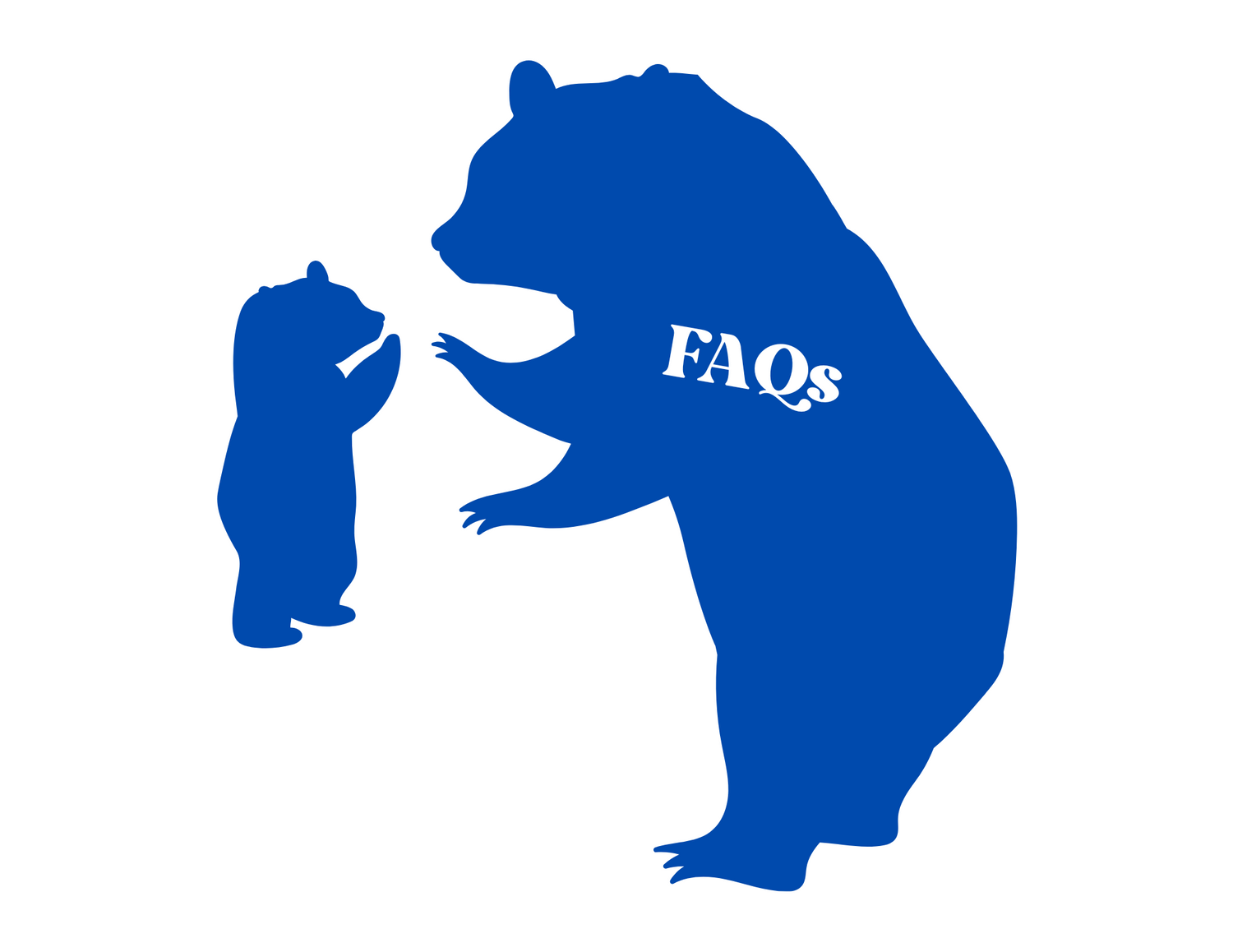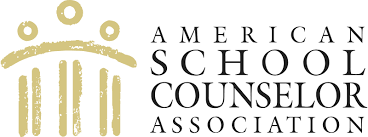
Frequently Asked Questions
Question
Answer
What does an elementary school counselor do?
Counsel, educate, advocate and empower! We work alongside teachers and parents/guardians to help students develop socially and emotionally, and to help remove any barriers they have with learning in an education setting.
What training do Elementary School Counselors have?
Elementary school counselors are master-degree level professionals who are trained to develop a school counseling program to support students, staff, parents and the community. The program is comprehensive, developmental, and preventive and focuses on services that address the academic, personal/social, and college/career development of our students.
Why would a student see a school counselor?
Children may face difficulties, which can prevent them from doing their best in school. These difficulties can include school adjustment issues, stress/anxiety, self-esteem, family change, grief, fears, or difficulties with relationships. Having support through difficult times can be essential to a child’s educational success.
How does a student see a school counselor?
Parent/guardian can request for their student to meet with the counselor.
Administrator, teacher, or other staff can refer a student if any behavior or emotional issues is interfering with academic concerns.
Students are informed that if they would like to meet with me, they can request a meeting through their parent/guardian or teacher.
Permission Forms will need to be signed by legal parent or guardian and returned to the counselor before counseling can begin.
What counseling related services does a school counselor provide?
All professional school counselors are trained to provide these services in a variety of efficient and effective methods, including:
Guidance Curriculum
Monthly Classroom guidance lessons
Parent/guardian workshops
Schoolwide programming (Red Ribbon Week, College and Career Week, Etc.)
Individual Student Planning
Short and long-term goal setting
School transitions
Consultation with parents/guardians and teachers
Responsive Services
Small group counseling
Short-term individual and crisis counseling
Please note that I do NOT provide long-term therapy and typically meet with a student no more than 10 continuous times over a school year. For ongoing and more serious mental health needs, I am happy to work with a student and their families to refer them to outside providers.
Community resource referrals (including longer term therapy services)
System Support
Participation in school committees
Program management
Professional development
Coordination of Services Team
Committee involvement
What types of things do counselors talk with students about in class lessons and in individual or group counseling?
Character Building
Conflict resolution
Focus skills
Friendship skills
Growth mindset
Listening skills
Mindfulness and coping skills
Positive communication
Responsibility
Self-awareness
Self-esteem
Self-regulation (emotions)
Career exploration
Study skills
How can school counselors support parents/guardians?
Helping with social or emotional concerns you have about your child
Improving communication between you and your child
Discussing family difficulties/concerns that affect your child at school
Making outside referrals to community resources
Helping understand the developmental changes of childhood
Discussing concerns about your child’s academic achievement
Helping establish healthy routines for your child
How does a school counselor manage privacy?
Your family’s privacy is important to me. What you or your child discuss with me is private except in cases required by law (when abuse, neglect or imminent danger is suspected).
How does a school counselor manage confidentiality?
An important part of the counselor and student relationship is trust. One of the ways counselors build a trusting relationship with students is through confidentiality. However, there are certain exceptions that may require a school counselor to break confidentiality when working with a student.
Confidentiality will be broken if a student shares that they are going to hurt themselves, hurt someone else, or someone is hurting them.
Confidentiality can also be broken if the student and school counselor decide it is important to share the information with another adult. I do let students know that problem solving is a collaborative effort and there will be times we will want to include their parents or teachers in our work.
All students are informed of confidentiality exceptions at the beginning of the school year during a classroom guidance lesson. Students are are also reminded at the beginning of every individual or group counseling session.
When will the counselor pull my student?
I will do my best to pull your student during school hours while they in independent and small group work times. I will not pull during testing or times of fun activities including fieldtrips or assemblies. Your student can choose to stay with they class if they are doing an activity they do not want to miss. Counseling session will be 10 to 30 minutes at a time and one to two times a week depending on the needs of the student.
How do parents contact the counselor?
Parents can contact the counselor by phone, email @ leigh.stubbs@nebo.edu or at school during school hours.

